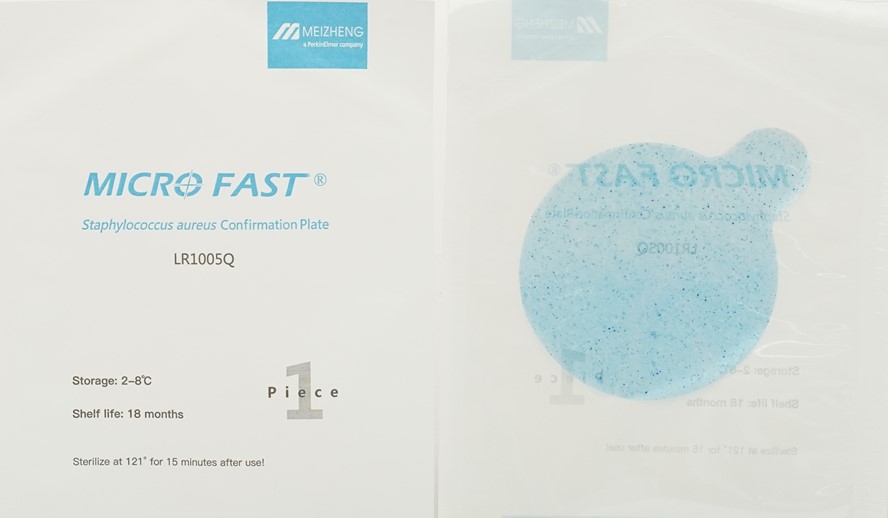How new US sanctions will affect the RFU and Spartak
On January 10, the United States announced new sanctions that affected Russian energy companies and several key figures associated with Russian sports, particularly football. The sanctions list included the head of Gazprom Neft and president of the Russian Football Union (RFU) Alexander Dyukov, the first president of LUKOIL Vadim Vorobyov, the son of LUKOIL co-owner Yusuf Alekperov, who is on the board of directors of Spartak. In December 2024 , Alexander Dyukov announced his intention to run for a new presidential term in the RFU. He is the only candidate for this post.
How will sanctions affect the RFU?
Lawyers Sergei Glandin from the firm BGP Litigation and Gleb Boyko from the firm NSP told RBC Sport about the risks that could arise for Russian football after the new sanctions.
Boyko said that the consequences for Russian football clubs would not be significant. "Russian clubs are already not allowed to compete under the auspices of FIFA and UEFA [these are internal decisions of these organizations, not directly related to any sanctions restrictions]. The same applies to reputational damage, it is unlikely to be significant," he noted.
However, according to Boyko, the sanctions could negatively impact the RFU's funding from international non-governmental sports organizations, in particular from UEFA under the HatTrick program (the program distributes revenues from men's European championships between national associations to finance projects aimed at developing football. — RBC Sport).
A source familiar with the situation told RBC Sport that there are no additional risks for the RFU for now. "The RFU has received the money for HatTrick, the next large payment is only in four years," the RBC source added.
"FIFA and UEFA are not obliged to comply with the sanctions imposed by the United States and can continue their cooperation with the RFU. "It is important to note that blocking sanctions against Alexander Dyukov were imposed by the United States, and also by Great Britain in 2022. FIFA and UEFA are not parties obliged to comply with the sanctions of the United States and Great Britain , so they can continue their cooperation with the RFU," Boyko noted.
The lawyer pointed out the potential risks associated with foreign banks, which could begin to refuse to conduct DOLLAR transactions involving the RFU.
"At the same time, there is a high probability that foreign banks that were involved in transactions between the RFU and UEFA and FIFA may now refuse to carry out at least dollar transactions involving the RFU (such banks will most likely not want to take on the risks of making payments that indirectly involve a person included in the US sanctions list). There is also a risk that foreign banks will refuse to carry out payments involving the RFU at all," Boyko told RBC Sport.
Lawyer Glandin noted that RUSSIA may face restrictions on payments in currencies other than rubles. "Most likely, payments in euros will also not be processed. It is highly likely that these companies have already received notifications, including from Russian subsidiary European banks, about the closure of euro accounts and the impossibility of making such payments. That is, the problem will only arise with transferring money in currencies other than the ruble," he said.
Glandin added that Russian sports clubs will not suffer reputational losses. "Due to the fact that the sponsor's logo will be on T-shirts and at stadiums, for example, no problems will arise. If we talk about reputational damage, then I do not see any innovations in connection with the sanctions of January 10. Since for almost three years now, everyone who stopped any cooperation with Russian clubs has long since done so, and there will be nothing new here," he said.
What risks are there for Spartak Glandin emphasized that at the level of internal activities, the risks for clubs are minimal. "If an oil company that has fallen under sanctions transfers money to a club, and the club spends it, then everything works as it did before," he noted.However, when entering the international arena, there may be some difficulties associated with proving the legitimacy of the source of funding, Glandin notes. “The only thing that may be a problem is if, for example, the team goes somewhere to a friendly match or participates in some league in friendly countries. In this case, the bank of the competition organizer may request confirmation from the club that the money used to buy plane tickets, pay for hotels, conduct transfers, etc., did not come from a sanctioned source. The club may face this, since it itself is not under sanctions. Therefore, I do not see any risks or problems for it,” he concluded.
According to Boyko, if Yusuf Alekperov, alone or together with other sanctioned persons, does not own more than 50% of the shares in Spartak, then in general, US sanctions should not be applied to Spartak (100% of the club's shares belong to LUKOIL. — RBC Sport). "In the US, unlike the EU and Great Britain, there are no clearly defined criteria for control over legal entities by the regulator (OFAC). Thus, the presence of one sanctioned person on the board of directors should not mean that Spartak should be subject to sanctions," he said.
On the other hand, in practice, American entities, in particular banks, may consider a company on the board of directors in which a sanctioned person is present as a company under the control of the sanctioned person, and block transactions involving such a company, notes Boyko. “In any case, the presence of a sanctioned person in the company’s management bodies may scare off foreign counterparties,” he said.
In addition, US legislation establishes the company's being under the control of a sanctioned person as an independent basis for imposing blocking sanctions, Boyko continued. "Thus, in the absence of clear criteria, OFAC may consider that Spartak is under the control of a sanctioned person. However, the likelihood of this is not very high, since Russian sports organizations are not a priority target for US sanctions," he concluded.
What problems has Russian football faced due to sanctions?In February 2022, FIFA and UEFA banned the Russian national team and Russian clubs from participating in all international tournaments under the auspices of these organizations amid the geopolitical conflict with Ukraine. The Russian Football Union (RFU) filed several appeals to the COURT of Arbitration for Sport (CAS) in the hope of challenging these decisions, but there were no changes.
In March 2022, FIFA also allowed foreign players and coaches of Russian Premier League (RPL) clubs to unilaterally suspend their contracts. Most foreign players did not take advantage of this opportunity, but clubs such as Krasnodar, Rubin and Rostov suffered significant losses, losing most of their foreign players.
Economic sanctions imposed on Russian banks have changed the approach to transfers, with clubs forced to find workarounds to complete deals when direct transfers are banned, or to use non-sanctioned banks when available.
In 2022, London's Chelsea planned to sign Dynamo midfielder Arsen Zakharyan, but the deal fell through due to issues with bank transfers. In July 2023, Spartak encountered problems when trying to sign Brazilian defender Rogerio from Italian side Sassuolo. The club's CEO attributed the deal's failure to ethical reasons, saying they "didn't want to deal with Russians."
CSKA encountered difficulties when buying striker Victor Davila from Mexican Leon for $5 million. To get around the restrictions, the Russian club found an unusual way to transfer money, Metaratings reported. The funds were provided to the footballer himself, who bought out his contract from Leon himself. To make the payment, the money went a long way: they were converted into dirhams and sent to the UAE, then converted into euros and transferred to Venezuela, where they were deposited into the football agency's account. After converting into US dollars, the funds reached Mexico via Chile.




























































